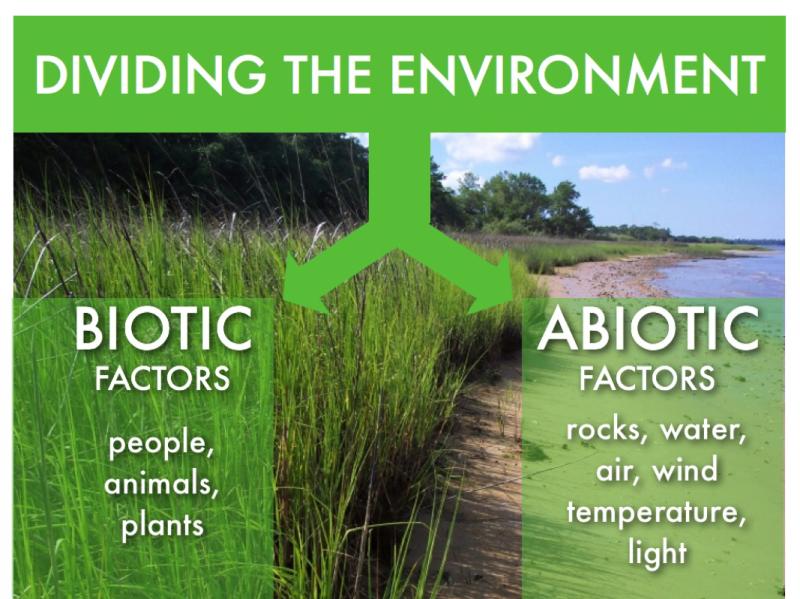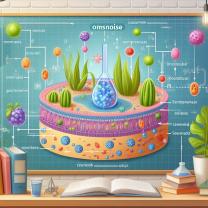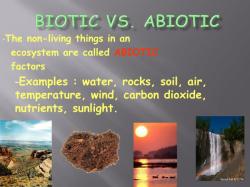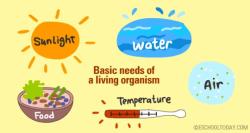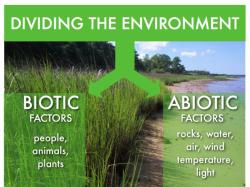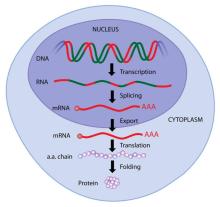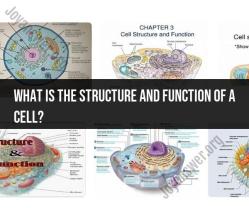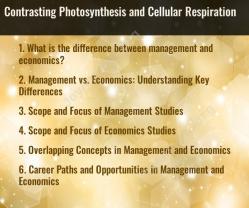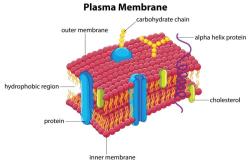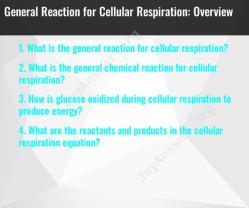What does it mean if something is biotic?
The term "biotic" is used in the field of biology to refer to living or once-living components of an ecosystem. Biotic factors are the living organisms or organic materials in an ecosystem, and they play a crucial role in the functioning of ecological systems. Biotic factors can be categorized into two main groups: biotic and abiotic.
Biotic Factors:
- Living Organisms: This includes all living things such as plants, animals, fungi, bacteria, and other microorganisms.
- Interactions: Biotic factors also encompass the interactions and relationships between different organisms within an ecosystem. This can include symbiotic relationships, predation, competition, and more.
Abiotic Factors:
- Non-living Elements: Abiotic factors, on the other hand, include non-living elements such as temperature, sunlight, soil, water, and other physical and chemical components of the environment.
In summary, if something is described as "biotic," it means that it is related to living organisms or factors associated with living organisms within a specific ecological context. Understanding the interplay between biotic and abiotic factors is essential for comprehending the dynamics of ecosystems and the delicate balance that sustains life on Earth.
How is the term 'biotic' defined within the context of ecological factors?
In the context of ecological factors, biotic refers to the living components of an ecosystem. This includes all organisms, from the smallest bacteria to the largest plants and animals. Biotic factors play a crucial role in determining the structure and function of ecosystems as they interact with each other and with the abiotic (non-living) factors of the environment.
Here are some key points about the definition of "biotic" in ecology:
- It encompasses all life forms: This includes plants, animals, fungi, bacteria, protists, and any other living organisms present in the ecosystem.
- It includes interactions between organisms: Biotic factors are not just individual organisms, but also the relationships between them. This includes interactions such as competition, predation, parasitism, mutualism, and commensalism.
- It shapes the ecosystem: The presence, abundance, and activities of different organisms influence the overall structure and function of the ecosystem. For example, the presence of herbivores can affect the abundance of plants, and the presence of predators can affect the abundance of prey.
- It is interactive with abiotic factors: Biotic factors do not exist in isolation. They are constantly interacting with the non-living components of the environment, such as water, temperature, sunlight, and nutrients. These interactions determine the types of organisms that can live in an ecosystem and how they thrive.
Understanding the concept of biotic factors is essential for comprehending the complex relationships and dynamics within ecosystems. By studying the interactions between organisms and their environment, we can gain valuable insights into the challenges and opportunities that ecosystems face and develop strategies for conservation and sustainable management.
